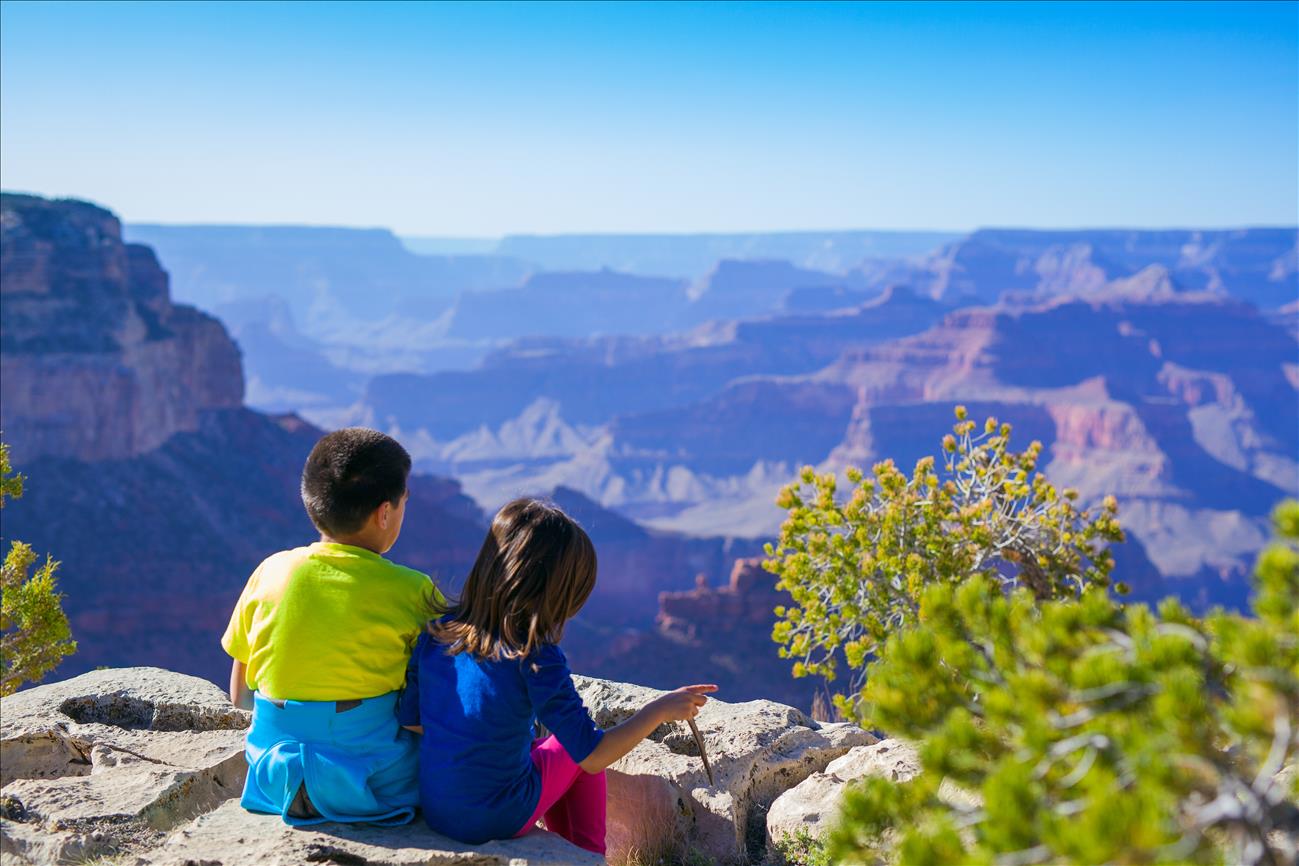Arizona Home Insurance - What you Need to Know to Get the Best Quotes


If you're purchasing insurance in Arizona, here are some things to look out for.
The Grand Canyon state has enjoyed one of the most robust real estate markets out of any state in the U.S., and Arizona home insurance is just as hot. You couldn't even notice much cooling down during the recent downturn in the mortgage marketplace that slowed down housing in just about all the other states.
The warm weather isn't the only thing luring the masses to move to this southwestern desert. A really affordable cost of living attracts a steady influx of newcomers, and yet the ever-rising demand has yet to drive up prices. That's especially true of Arizona home insurance, which has some of the lowest premiums in the nation. These sizzling rates reflect the bountiful bargains characterizing nearly every real estate transaction in the state.
Fire Safety First
The high temperatures have an impact on home insurance pricing because of the increased risk of fires. The more frequently wildfires occur in a particular area, the greater the risk for homes in the region. Risk determines the pricing of insurance, so lowering the perceived riskiness of your property will save you money. You'll curry favor with insurers if you can provide ample documentation of fire prevention and safety features in your home.
These include, but certainly aren't limited to:
- Smoke detectors and alarms in every room.
- At least one fire extinguisher, but ideally one for every room.
- Flame-retardant building materials.
- Indoor sprinkler systems, along with external ones for lawns and gardens.
- Secure wiring of appliances.
As you begin to research Arizona home insurance, it's a good idea to read up on local fire risks. Look through online news archives for stories about fires in the city or town you live in. The more recently such an incident occurred, the greater the likelihood that insurers would consider your area to have heightened risk. That will be your cue to increase the fire safety of your home, and that goes beyond adding infrastructure.
Best Practices
The Arizona Fire Safety and Burn Association recommends that you:
- Regularly check all home appliances to make sure they're in good operating the condition.
- Place extension cords in safe locations, being careful not to run them under rugs or over hooks and nails.
- If you want to plug an appliance into an extension cord, make sure its voltage level matches that of the appliance's cord
- Make sure electrical outlets aren't overloaded.
- Clean flammable rubbish out of attics, garages and yards.
- Keep flammable liquids in tightly sealed safety cans away from sources of heat and children.
- Never use flammable liquids to clean clothes or start fires.
- Keep oily rags in tightly sealed containers away from heat sources.
- Regularly clean the vent on your clothes dryer and make sure it's installed properly.
- If you have a fireplace, keep a screen in front of it.
- Make sure furnaces and wood-burning stoves are located away from combustible walls and ceilings, and see to it that these appliances remain in good repair.
- Schedule regularly recurring chimney cleaning and inspections.
- Store all combustibles well away from the stove, heater and fireplace.
- Keep children a safe distance away from all heat sources and flame.
- Test smoke alarms once a month.
- Replace the battery on smoke alarms annually.
- Prepare a fire escape plan for your family, and practice it regularly. Include babysitters and guests in fire drills.
- Make sure every bedroom has an alternate exit and that all family members know how to get out.
- Post emergency response numbers on all telephones, and include with it a copy of your home address.
- Make sure your address number is visible from the street at night and during the day.
Renewable Energy Rewarded
Another fire safety strategy is only just emerging: renewable energy. You live in an ideal location for utilizing solar panels to generate power. The infrastructure will qualify you for tax credits and possibly lower your electrical bills. But environmentally-conscious building features are just beginning to curry favor with home insurers. Some insurance providers are starting to offer lower premiums for homes that have renewable energy generation. Even if an insurer doesn't specify in writing that it rewards alternative power sourcing, these structures have less fire risk than more traditional electrical supply. So be sure to detail any "green" building features when you apply for Arizona home insurance.
Most people moving to Arizona think of air conditioning and swimming pools before fire prevention, but fires are what home insurers care about first. Certainly, having a good ventilation system can help reduce the risk of fires, but when was the last time you heard of insurers lowering premiums for homes with air conditioning? Regardless, you'll want to document every single fire safety feature along with all of the good habits that you instill in your family and guests. Without proof of fire safety measures, you might not obtain the lowest premium you qualify for. And then you'd be missing out on one of Arizona's best cost savings opportunities.
